 |
| (c) Carrie Boyko Which Dog is for You? Big or Small? It's Not all About Size |
You're probably saying, 'Is she nuts?" Don't we all choose our favorite dog breed based on an attraction to their looks? Sure we do, and I'm not telling you to pick a dog that repels you. I'm only suggesting you consider his innate skills, special interests and how he likes to spend his time. This choice is a long-term one. It's sort of like choosing a roommate. A relationship that should last 10-15 years must not be made by mere chemistry.
Medium to larger dogs come in a number of different breed categories. Different organizations use various terminology, but you'll hear descriptions such as Working Dogs, Sighthounds and Scenthounds, Guardian dogs, Gun dogs, and even Northern Breeds.
Many of the smaller breeds show up in the Terrier group, hound group, herding group and Companion dog group, with a few scattered throughout the others.
While all dogs do best when they have a job, the higher energy dogs need one the most. Choosing a pet for your family requires an analysis of the energy for managing a dog's need for exercise, mental stimulation and training, in order to make him a good family companion. You may be wondering if my use of the word companion is a hint that only companion dogs are good family dogs. Far from it!
If you enjoy a dog that likes to use his nose, pick a hound. If you live in Alaska, think about a dog with a thick coat for protection from the elements. If you need a dog to keep the rodent population down in your perimeter, choose a hound or terrier based on the type of critters involved. Perhaps you want an alert dog that will not hurt a visitor. Rather than selecting and training a "guard dog", think about a yappy companion dog. Often a visitor is just the thing to get them barking, when a full bladder did not do the trick!
When our family chose the Retriever group (or sometimes called Gundogs, because they work with hunters to retrieve) for our first family dog, Xena, it was because of certain key characteristics of these breeds: love of water, ample size for rambunctious play with our 3 kids, window-presence ("Is that a big dog in the window?"), not big barkers, their people-pleasing demeanor, and general ease of acceptance of other pets. In retrospect, all these factors that we made our choice by found their way into our lifestyle with Xena and Tanner. Thinking through your family's needs and ways of enjoying a dog are part of the decision process.
Owning a cat and a rabbit did not pose a problem for us with Retrievers or a Papillon. Had we brought home a sighthound or large terrier we could have had a very different experience in store for Patches and Robby--terror!
With a couple of soon-to-be big boys that played rough, I worried for the safety of a toy-sized dog, and chose to go larger for the dog's own good. Oliver, our Papillon, is lucky to have joined us after the boys' departure for adult life. At 9.5 pounds, he would not have been much of a wrestling partner for our 6'3" sons. And Fetch would not be happening. Poor little Oliver cannot get his mouth around a tennis ball to save his life.
Companion dogs, however, are not just companions. Because they too have the DNA relationship to the wolf, their needs are similar to their larger counterparts. Toy-sized dogs come from larger dogs that have been selectively bred smaller and smaller, to allow for ease of care. Often these pocket pups are perfect for the elderly, apartment dwellers, and families with young children that want to participate in walking them.
I guess I've told you that companion dogs are basically the same as all those other dog groups, but there are fine differences that permeate the Toy group. While many of the Toy or Companion dogs are quite bright, they can be tough to train for other reasons. Just like their larger ancestors, some are more aloof or less friendly, and some are simply so playful they cannot put their fannies on the floor long enough to listen to you.
These highly active little ones can be particularly difficult to housetrain. Causes for this range from over-excitement to simply not understanding the boundaries of "home". Just like every other dog, these small dogs have special needs that can be accommodated when the owner knows how to deal with them, but sometimes professional assistance is needed to reach certain goals. Clearly they do need a bit of extra attention when house training, but the use of crate is generally the ticket to success for these dogs, as well as their larger 'cousins'.
Communication varies from breed to breed, but Toy-sized dogs are often more observant of our gestures and small moves, allowing them to quickly pick up on the most minor of changes in mood, urgency, movement and our requirements of the dog. Ironically, many of these breeds expect that we notice every nuance of their behavior as well as they do ours. This is an incorrect assumption on their part, so we need to work extra hard at regular training. Once a Toy-sized dog is calmed down--often by a quick burst of high-intensity exercise--he can be trained in short sessions with great success.
Diligence and strong leadership is the key to this success. All dogs have the ability to learn basic obedience and house training. All owners, however, are not the same when it comes to sticking with the program. That's where the leadership part comes in. Stepping up and letting the dog know who's the boss goes a long way toward getting the desired behavior. Without expectations, there is no success.
Choose your puppy or dog based on the breed characteristics that your research shows match your family's needs. Take your dog through training classes and ensure a good hour of daily exercise. From Chihuahua to Mastiff, with this plan, you will have chosen the right dog and be able to build a strong and lasting bond.
Before I sign off, I'd like to offer up a fun prize for the owner of a Toy-sized dog who will share an especially heartwarming end to this story-starter:
"I love my Toy-sized Companion dog because
(Fill in the blank to your heart's content!)."
Simply click the COMMENTS link at the bottom of the post to enter your statement. If you prefer anonymity, go ahead and leave your comment anonymously. I'll be happy to receive it along with your email telling me how to reach you if you win. Go ahead and send a picture of your cutie, as well. Good luck!
Thanks to Cesar Cuisine, the winner of this prize will receive an adorable "Little Dog Attitude" Tshirt for mom, a package of Cesar Cuisine treats and 2 cans of gourmet dinner. I'll draw the winner on Saturday, December 11th.





Help protect our precious dog parks
© Carrie Boyko, all rights reservedFollow All Things Dog at Twitter Find me at Facebook

© copyright Carrie Boyko, all rights reserved
Bookmark this on Delicious














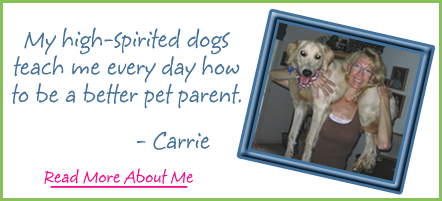
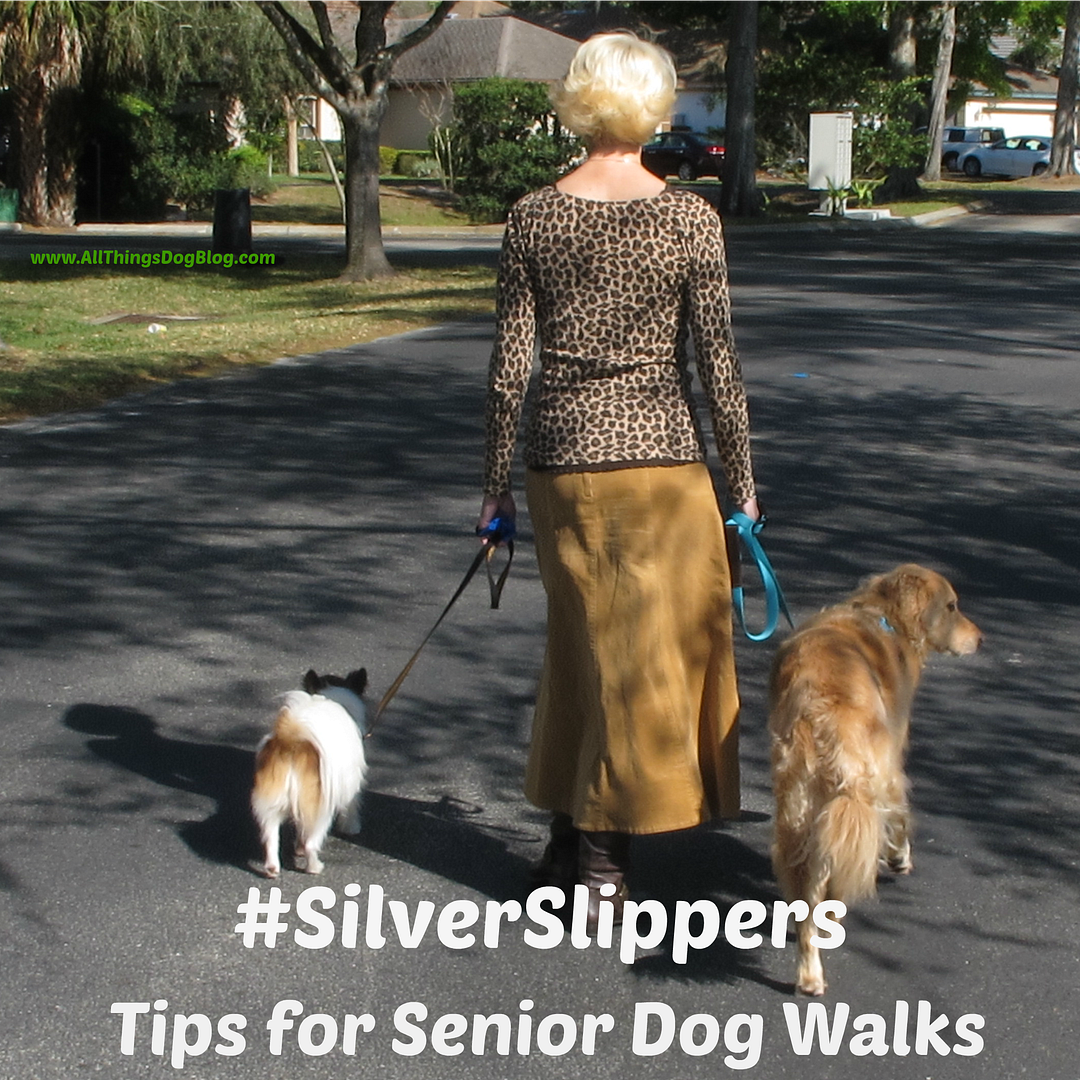





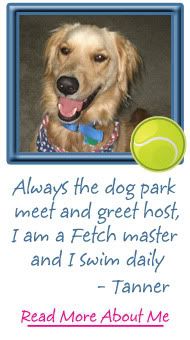
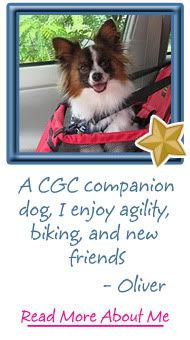
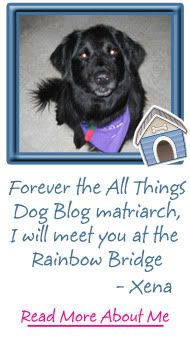
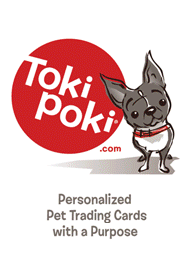



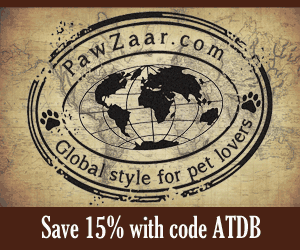



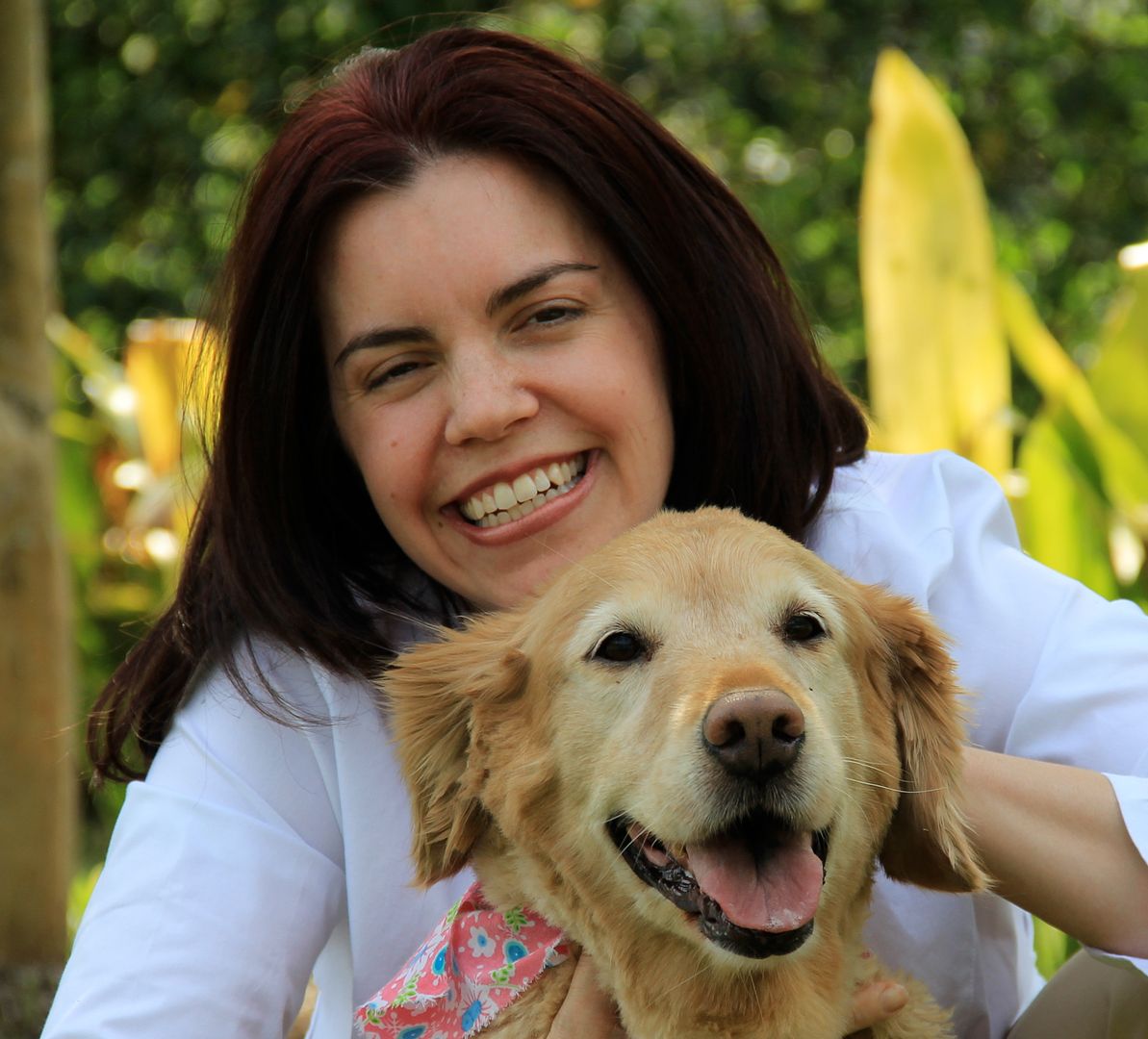
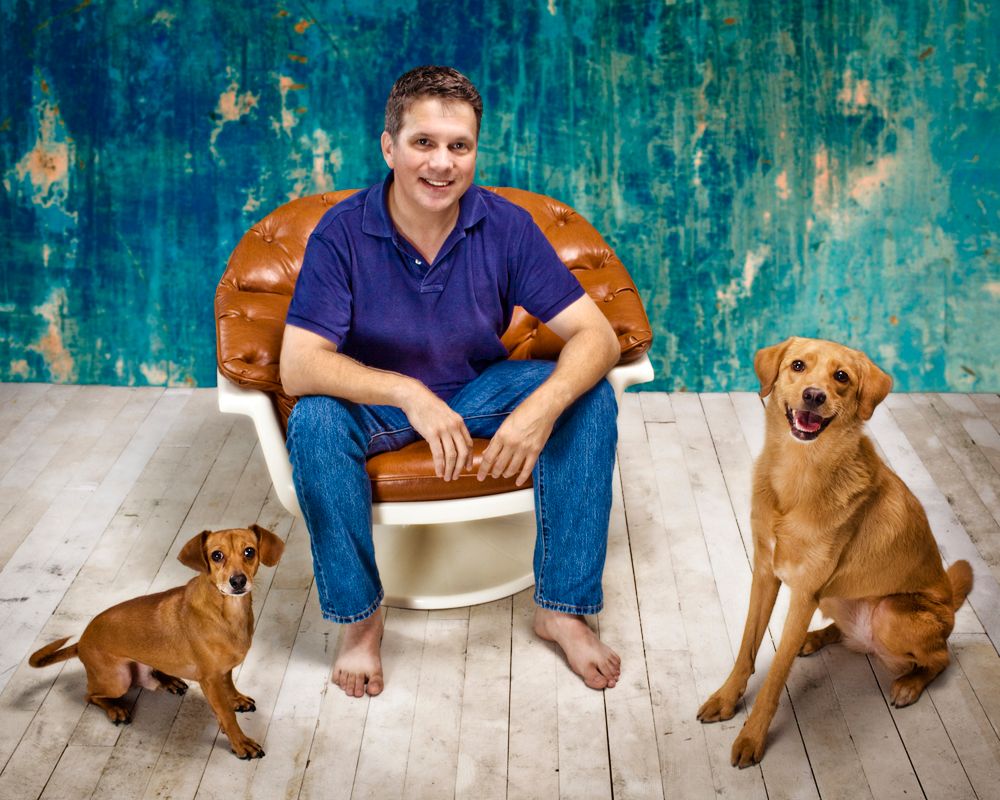


3 comments:
Niki said...
My hubby fusses at me, I look at rescue sites everyday.. Being a rescuer/groomer for a long time I have learned about the different personalitys... Im not a pom person but Allie adopted me and put a big imprint in my life.. Duke touched Skylers heart, and hes a huge cuddler but to big for your lap. Buttons makes us laugh, but shes not much of one that likes to play...
I Love Paps cuz of how smart they are.. I love Xolo's ( mexican hairless) because with someone with health problems they are the perfect cuddlers... I love Irish wolfhounds, they have so many health problems, but i still love their personalitys...
I got mad when I went to the local shelter here.. they tell you to look through the book and they will bring out the dog.. I looked over 98 % of the dogs, I have to have a connection, eye to eye.. I like certian breeds but I have to have the connection.. 1 dog I looked over was a greayhound, but when he walked by me when someone else was loking at him, he looked at me, and there was something there. But the other couple adopted him, so I am so happy... But for me, it doesnt matter how fuzzy, hairless, cute or ugly. Every dog is special, but I have to have a connection, so it will be a happy one..
I have seen dogs bought for gifts and 2 months later turned into the rescue, or pound becasue it didnt fit their life, or to much work.. So I plead with everyone that reads this, or pass it on.. Please take this advice and think first!!!!
Thanks so much for posting this!!
kristle said...
Thank for the sharing!
Great information!
If for me, i would be prefer choose the small dog breeds, because they are easy to carry around! adorable, cute and is a great companion pet! And they are very suitable to a apartment life too!
You may can find more info about small dog breeds at this website http://www.dogbreeds-and-doggie.com/small-dog-breeds.html
Hope this help! Good Luck!
Anonymous said...
Another reader replied on Facebook: I love my toy-sized companion dogS because both of them cram to cuddle with me all the time, and they are good at hide and seek (because of their size).
Post a Comment